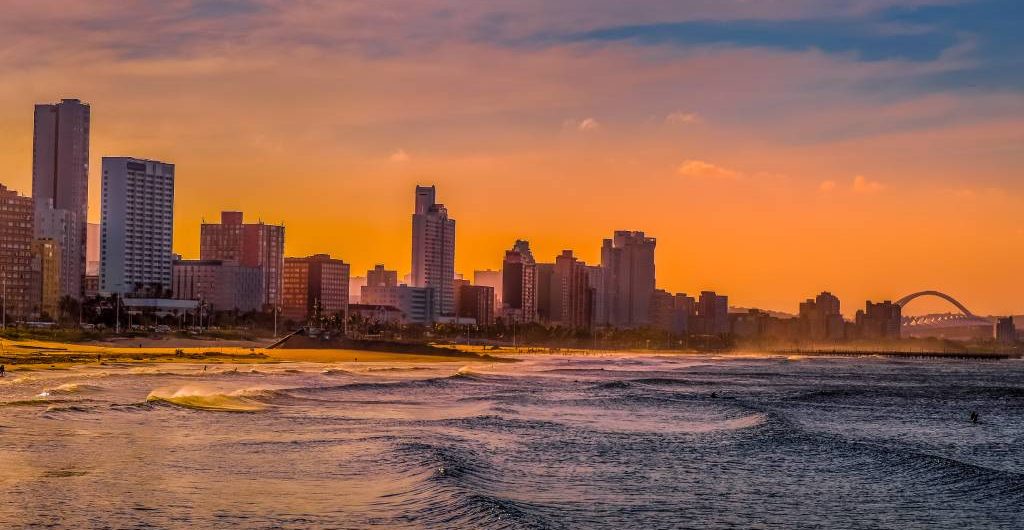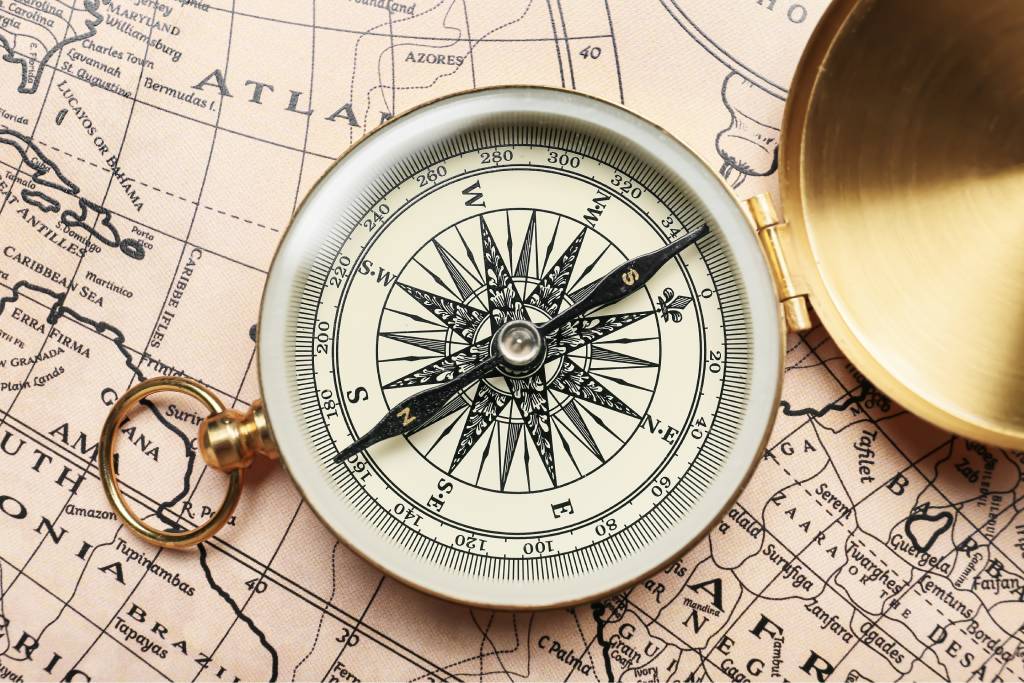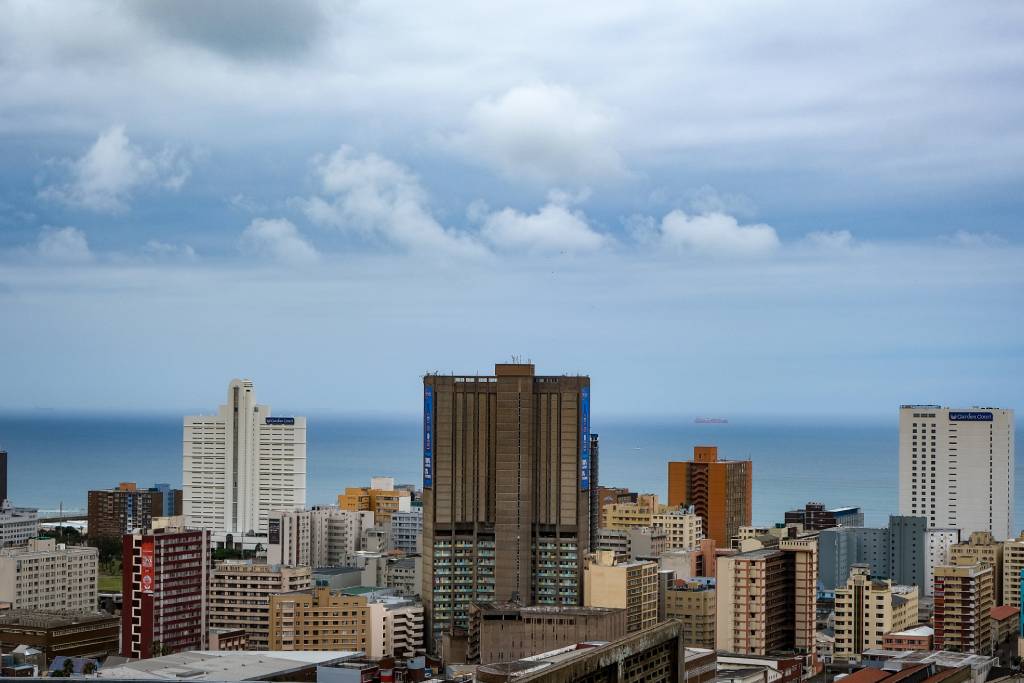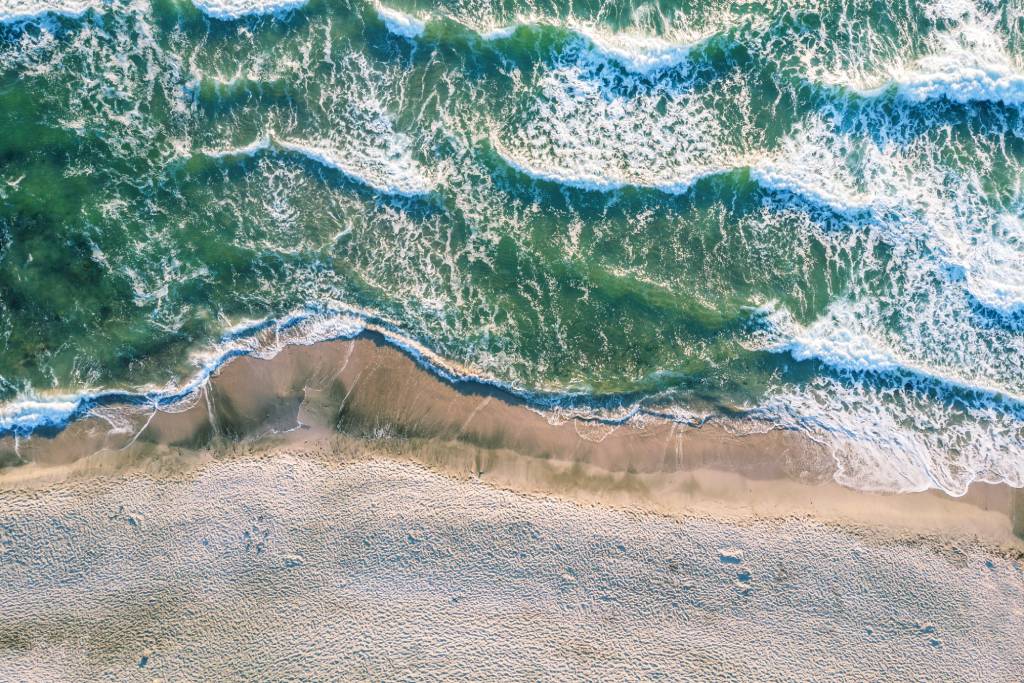
Durban, often referred to as “South Africa’s Playground,” is a vibrant and culturally diverse coastal city located on the eastern coast of South Africa. Situated along the shores of the warm Indian Ocean, Durban is a city that boasts a rich history, a bustling economy, and a thriving cultural scene. In this presentation, we will delve into the geographical, historical, and cultural aspects of Durban, as well as its economic significance and future prospects.
Geography and Location

Durban’s prime location on the eastern seaboard of South Africa makes it a pivotal city in the region. It is nestled between the rolling green hills of KwaZulu-Natal and the sparkling waters of the Indian Ocean. The city enjoys a subtropical climate with warm, sunny weather throughout the year, making it a popular destination for beach enthusiasts and outdoor activities.
Historical Background
The history of Durban is a tapestry of diverse influences. Originally inhabited by indigenous Zulu communities, it was later settled by European colonists, primarily the British. This colonial legacy is still visible in some of the city’s architecture and institutions. After the end of apartheid, Durban, like the rest of South Africa, underwent significant political and social changes, embracing a more inclusive and diverse society.
Demographics and Culture
Durban is a melting pot of cultures and ethnicities. Its population is a blend of Zulu, Indian, British, and various other communities, creating a rich tapestry of traditions, languages, and cuisines. Zulu is the predominant indigenous language, but English and Afrikaans are also widely spoken. The city hosts numerous cultural festivals and events, such as the Durban International Film Festival and the Essence Festival, celebrating its diversity and creativity.
Economy and Industry

The economy of Durban is a major contributor to South Africa’s economic vitality. The city’s strategic location has made it a hub for international trade and commerce, with a thriving shipping and logistics industry centered around the Port of Durban. Additionally, tourism plays a significant role, thanks to its beautiful beaches, wildlife reserves, and vibrant city life.
Tourist Attractions

Durban’s coastline, with its pristine beaches and famous Golden Mile promenade, is a major draw for tourists. The city is also home to the iconic uShaka Marine World, a marine theme park, and the Moses Mabhida Stadium, known for its striking architecture. Inland, the Valley of a Thousand Hills offers stunning vistas and cultural experiences.
Transportation
The city boasts a well-developed transportation network, including buses, trains, and an extensive road system. Durban’s King Shaka International Airport connects it to domestic and international destinations. The Port of Durban is one of the busiest in Africa, facilitating trade and commerce.
Education and Healthcare
Durban is home to several prestigious educational institutions, including the University of KwaZulu-Natal and Durban University of Technology. The city also offers a comprehensive healthcare system, with modern medical facilities and hospitals.
Challenges and Future Prospects
Despite its many strengths, Durban faces challenges such as poverty, inequality, and environmental sustainability. The city is actively addressing these issues through urban development projects, job creation initiatives, and efforts to promote sustainability.